In the realm of healthy eating, kiwi fruit often finds itself in the spotlight for its numerous health benefits and deliciously tangy flavor. However, for those conscious of their calories, understanding the nutritional content of this vibrant green fruit is essential. In this article, we delve into the specifics of kiwi fruit calories, shedding light on the various factors that contribute to its overall nutritional value.
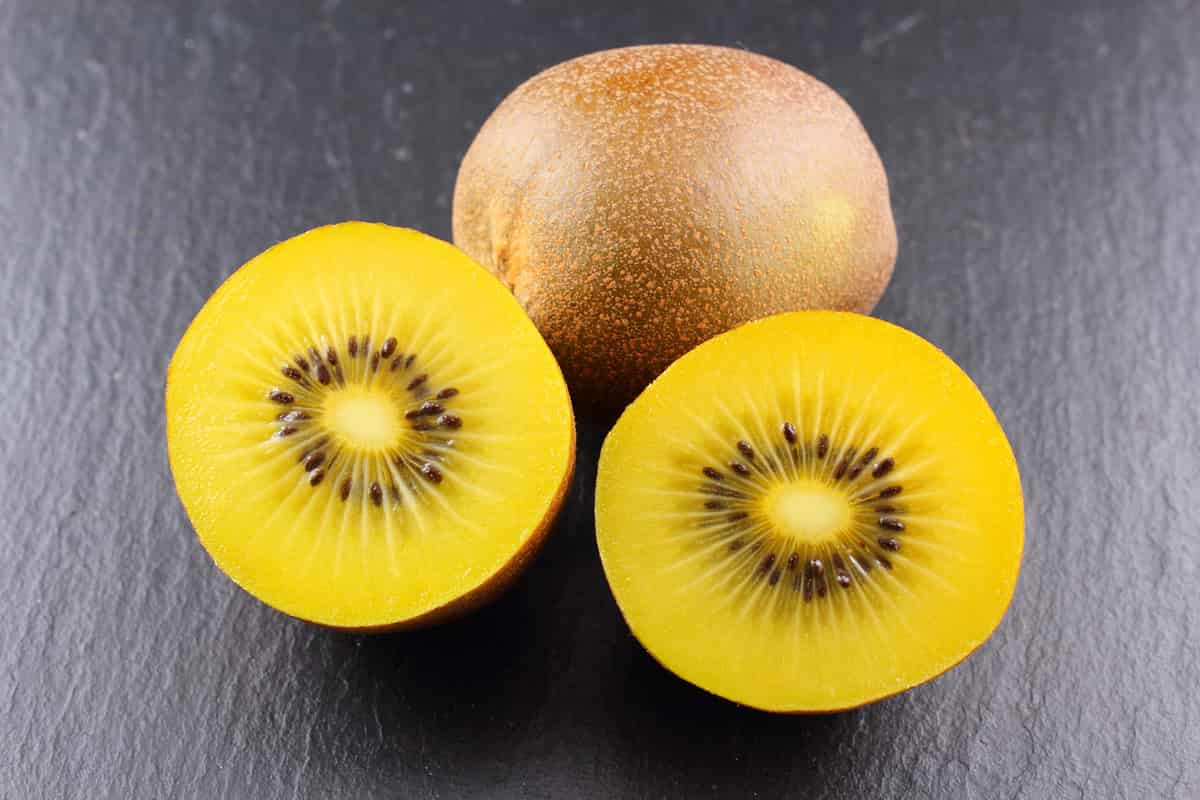
1. Calorie Breakdown:
One medium-sized kiwi fruit contains an average of 42 calories. This low-calorie count positions kiwi as an ideal snacking option for weight-conscious individuals. These calories primarily come from carbohydrates (11 grams), while minimal amounts stem from protein (1 gram) and fats (0.4 grams).
2. Fiber – A Calorie Balancer:
Despite its modest calorie content, kiwi fruit boasts significant fiber content, with each serving offering approximately 2 grams. Fiber plays a vital role in weight management as it helps promote satiety, preventing overeating. Additionally, consuming fiber-rich foods aids digestion, regulates blood sugar levels, and lowers cholesterol, promoting overall health.

3. Natural Sugars:
Kiwi fruit derives a portion of its calorie content from natural sugars, including fructose. One medium-sized fruit has around 6 grams of sugar. While this may concern individuals mindful of sugar intake, it is essential to note that sugars in kiwi fruit are accompanied by fiber, which helps modulate their absorption into the bloodstream, preventing blood sugar spikes.
4. Important Vitamins:
The nutritional profile of kiwi fruit extends beyond calories. It is packed with essential vitamins, including vitamin C, vitamin K, vitamin E, and folate. A serving of kiwi provides over 70% of the recommended daily intake of vitamin C, which aids in boosting immunity, collagen synthesis, and iron absorption.
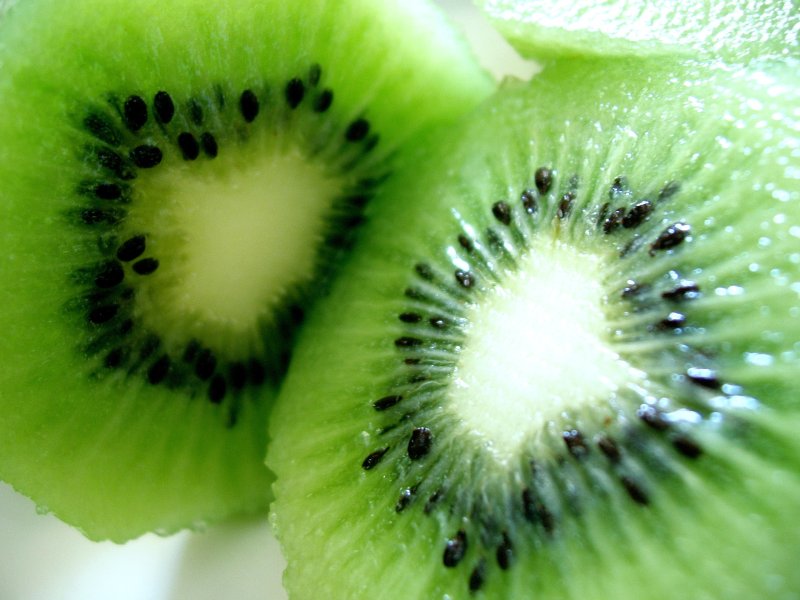
5. Rich in Antioxidants:
Kiwi fruit is loaded with antioxidants, such as vitamin C and other phytonutrients like lutein and zeaxanthin. These compounds help combat oxidative stress, protect against chronic diseases, and promote healthy skin. Their presence further amplifies the value of kiwi fruit calories by providing additional health benefits.
6. Mineral Powerhouse:
Beyond vitamins, kiwi fruit houses essential minerals like potassium, magnesium, and copper. Potassium aids heart health, regulates blood pressure, and supports muscle and nerve function, while magnesium contributes to bone health and energy production. Copper, on the other hand, plays a role in red blood cell formation and collagen synthesis.
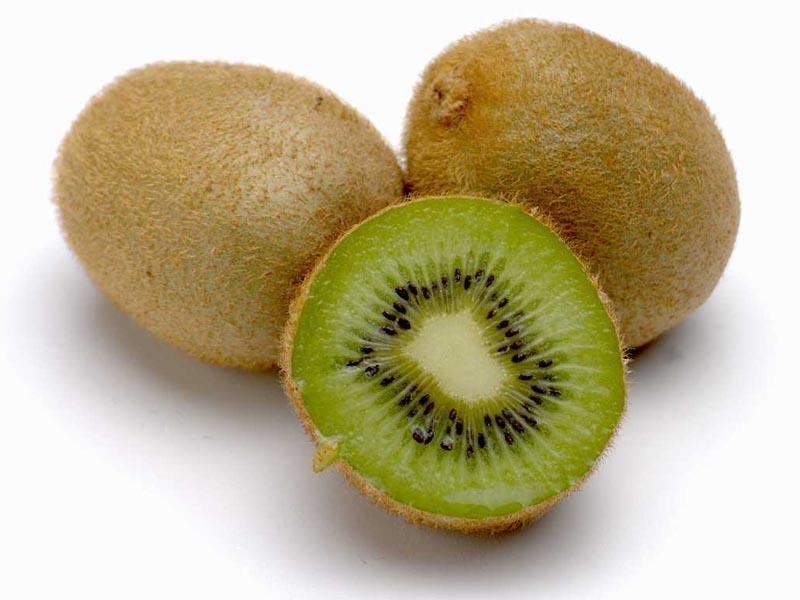
Conclusion:
When it comes to understanding the nutritional content of kiwi fruit calories, it’s clear that this vibrant fruit offers much more than low-calorie content. Packed with fiber, vitamins, antioxidants, and minerals, kiwi fruit provides a wealth of health benefits. Whether you’re tracking calories or seeking wholesome nutrition, incorporating kiwi fruit into your diet is a delightful and nutritious choice. So go ahead, let the naturally sweet and tangy taste of kiwi fruit indulge your senses while nourishing your body.
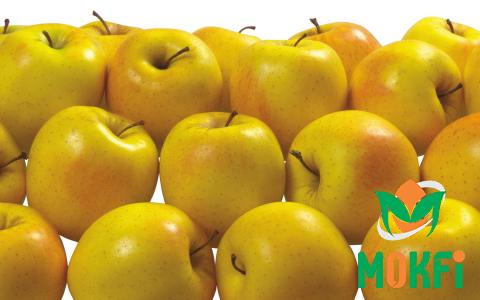
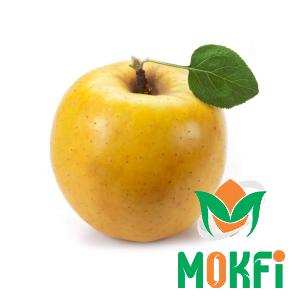
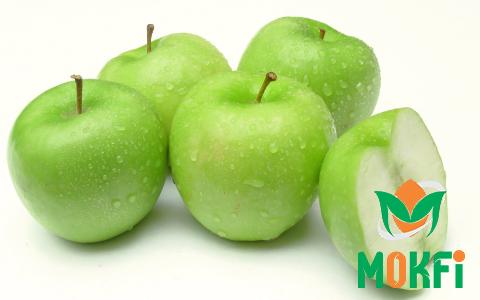
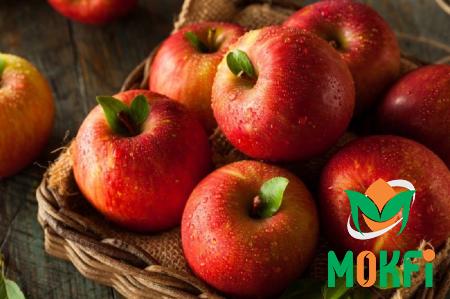
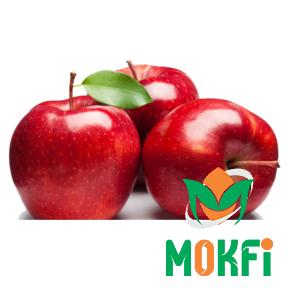
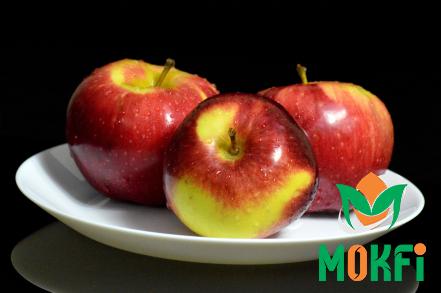
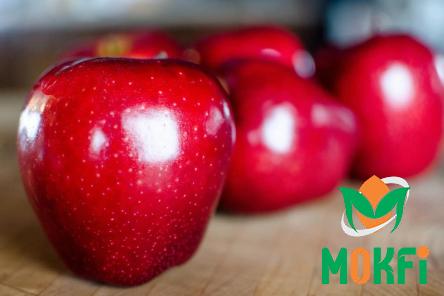
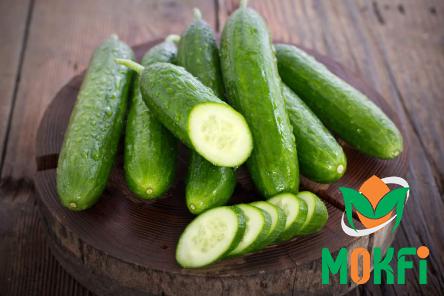


Your comment submitted.